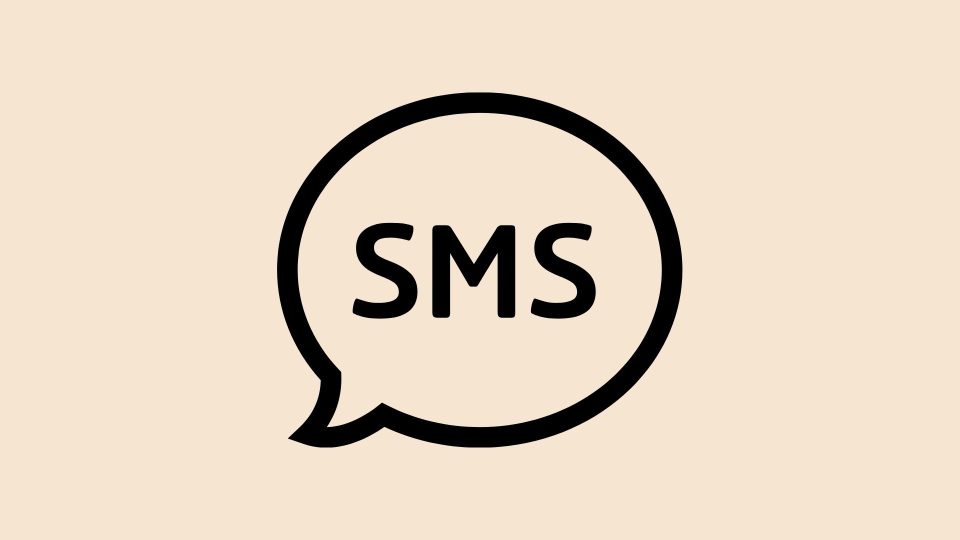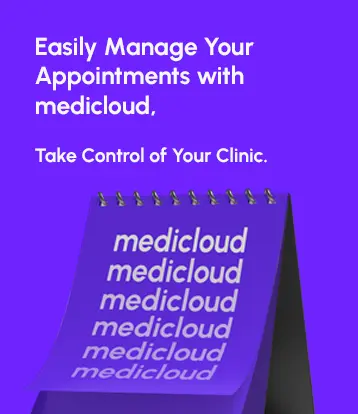What Can Be Achieved with an SMS Module?
In today’s era, where the health sector evolves with technology, digital transformation is leading to revolutionary developments. Among the most notable examples of this transformation are the innovations observed in communication methods and patient management processes. Specifically, the SMS-based appointment management system has become a tool that fundamentally changes the communication between healthcare organizations and patients. This system offers much more than a simple messaging service, emerging as a solution that enhances both patient satisfaction and operational efficiency.
One of the primary advantages of SMS-based appointment management is the increase in speed and effectiveness of communication. Informing patients, appointment reminders, announcements of changes, and other critical information can be instantly conveyed through this method, significantly facilitating patients’ access to health services. This enables timely and accurate management of patient information, aiding in the more effective progression of the treatment process.
Appointment reminders through SMS increase patient loyalty and satisfaction by preventing forgetfulness or missed appointments, ensuring the regular provision of health services. This continuity in treatment processes allows for uninterrupted care and maximizes the benefits derived from health services.
Furthermore, SMS-based appointment management encourages patients’ active participation in their treatment processes. Patients can easily schedule or modify appointments without any difficulty, facilitating their access to health services and enhancing their engagement and satisfaction with the treatment.
Especially for emergency notifications and sharing crucial health information, the SMS system plays a significant role. The fast and effective transmission of vital information by healthcare organizations supports patients with timely and correct interventions. This is crucial in emergency situations, enabling preparedness and informed action.
Personalized communication options are also a key component of SMS-based appointment management. Patients experience a more personal communication experience with messages tailored specifically for them, strengthening their connection with the healthcare organization and increasing their satisfaction.
The simplification of procedures and reduction of waiting times are other significant advantages offered by these systems. Patients can manage their appointments with just a few simple steps, avoiding complex procedures. This not only improves the patient experience but also reduces the workload on healthcare organizations.
In conclusion, SMS-based appointment management is a significant reflection of digital transformation in the health sector. This method significantly improves the quality of health services as well as patient communication and satisfaction, providing healthcare organizations with a competitive advantage. These digital tools are an integral part of modern healthcare service delivery.



